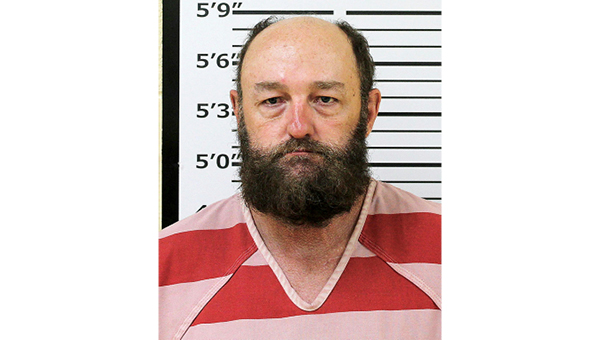Health programs benefit school children
Published 8:41 pm Thursday, April 9, 2015
The Carter County Health Council heard an update on the coordinated school health programs in the city and county school systems during its meeting Wednesday afternoon.
Coordinated school health programs were first introduced in Tennessee in 1999 under a new law, Elizabethton City School Coordinated School Health Director Regina Wilder said. The program was piloted in 10 sites in rural communities until 2005-06, when the program was extended to every school district in the state.
“Tennessee is the only state in the country to have a coordinated school health program in every school system,” Wilder said.
Coordinated school health programs connects physical, emotional and social health with education through eight components. This coordinated approach is designed to improve the students’ health and their capacity to learn through the support of families, communities and schools working together, Wilder said.
The programs focus on health education, health services, nutrition, physical education, healthy school environment, school counseling, psychological, and social services, student, family and community involvement and school staff wellness.
Through the coordinated school health program, the city schools focus on the SafeSchool development program, TENNderCare enrollment, the annual Walk to School day, starting school gardens, sharing healthy living techniques and promoting better health and wellness for staff.
In the Carter County school system, the coordinated school health program was able to introduce two new programs this year, Director Beth Bare said. One of those programs is mobile health clinics for each school, and universal free breakfast for all students.
Through the mobile health clinics, students and faculty of the county schools are able to receive medical assistance for issues that come up during the school day. Some of the main concerns are head lice and allergies along with viruses and other common illnesses, nurse practitioner Sharon Smith said.
Not only can the students be seen during the school day, the program allows for the health care professionals to pick up and deliver medicines to the families who would have had no other way of getting it themselves.
“So far the program is working out well,” Smith said. “It is definitely picking up and catching on.”
After students are seen in school, the parents are referred back to the students’ doctors for further care. The in-school clinics are supplemental health care for students who need assistance and may not be able to see a doctor for a while, Smith said.
For the breakfast program, the Carter County schools received a grant to provide a breakfast for each student every day. Bare said this helps the students focus and provides them a nutritious meal.
“I remember before test days, they always used to say make sure you eat breakfast,” Bare said. “Really, students need to be eating breakfast every day, and this helps make sure they do. Sometimes, there is a stigma attached with who eats free and who doesn’t and this takes that all away.”
The council also heard about a state campaign to spread awareness about HPV vaccinations. The campaign is set to share information about the vaccine and improve its acceptance in the community, health department nurse manager Lisa McCoy said.
“This is the only vaccines that prevents cancer, yet a lot of people are still hesitant to get the vaccine,” McCoy said. “Parents say they will wait and see or they will say my child is not having sex yet so they think they don’t need it. It is important to get the vaccine before they become sexually active.”
The HPV vaccine helps prevent cervical cancer and cuts down on occurrences penile, vulvar, vaginal, oropharyngeal and anal cancers, McCoy said.
“The vaccine is safe and it is working,” she said.




